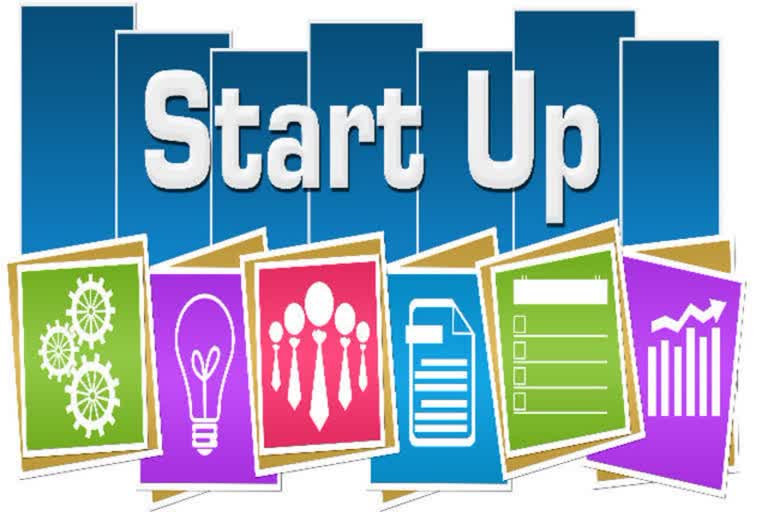A startup is a newly established business that aims to solve a specific problem through innovation. It usually begins on a small scale but has the potential to grow rapidly. Whether it’s a mobile app, eco-friendly product, or smart agricultural tool, the key lies in creativity and effective solutions.
Startup vs Traditional Business
Traditional businesses often follow tested methods with lower risk. In contrast, startups are experimental, high-risk ventures with high-reward potential. Startups are flexible and evolve with time, whereas traditional businesses often rely on fixed procedures and conservative thinking.
Starting a startup requires careful planning and research. Here’s a simple step-by-step guide:
1. Identify the Problem – What issue does your idea solve?
2. Validate Your Idea – Is there market demand for your solution?
3. Conduct Market Research – Understand your target audience, competition, and current trends.
4. Build a Business Plan – Include marketing strategies, financial plans, and growth projections.
5. Find Funding – Explore investors, bank loans, or government schemes like the Kamyab Jawan Program.
6. Launch and Improve – Continuously review and refine your model after launching.
Flexibility and willingness to adapt are key startup traits.
Benefits of Startups
Encourages self-employment
Creates new job opportunities
Boosts the national economy
Expands the tax base
Promotes exports
Drives technological advancement
The Future of Startups in Pakistan
Pakistan is well-positioned for a startup boom:
Youth majority population
Increased internet penetration
Supportive government policies
Interest from global investors
Programs like Kamyab Jawan and National Incubation Centers highlight the growing infrastructure supporting entrepreneurship.
Today’s youth no longer need to wait for job opportunities — they can create their own. The startup culture encourages innovation, independence, and economic contribution. By embracing this mindset, young Pakistani
s are not just building businesses — they are building the future of the nation.







